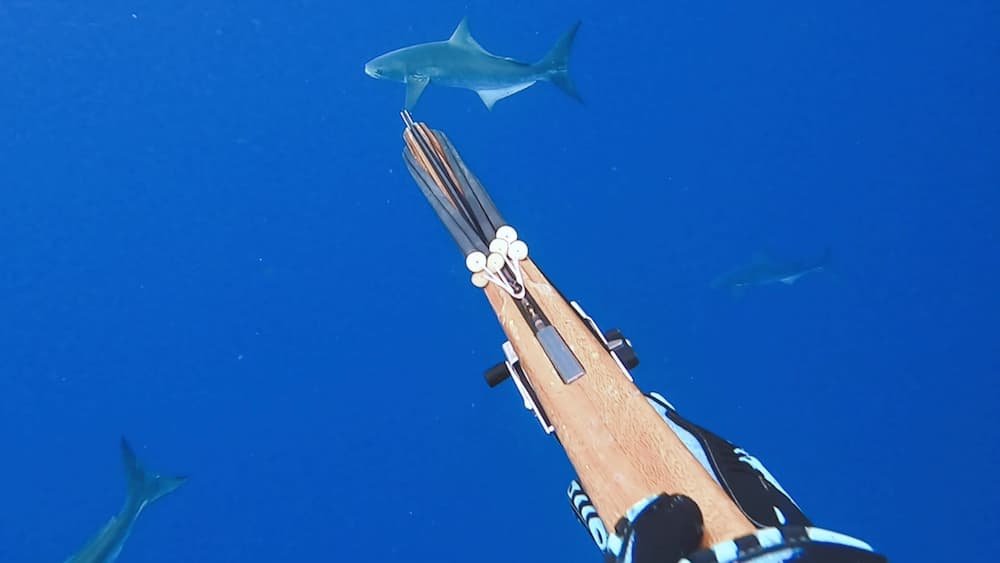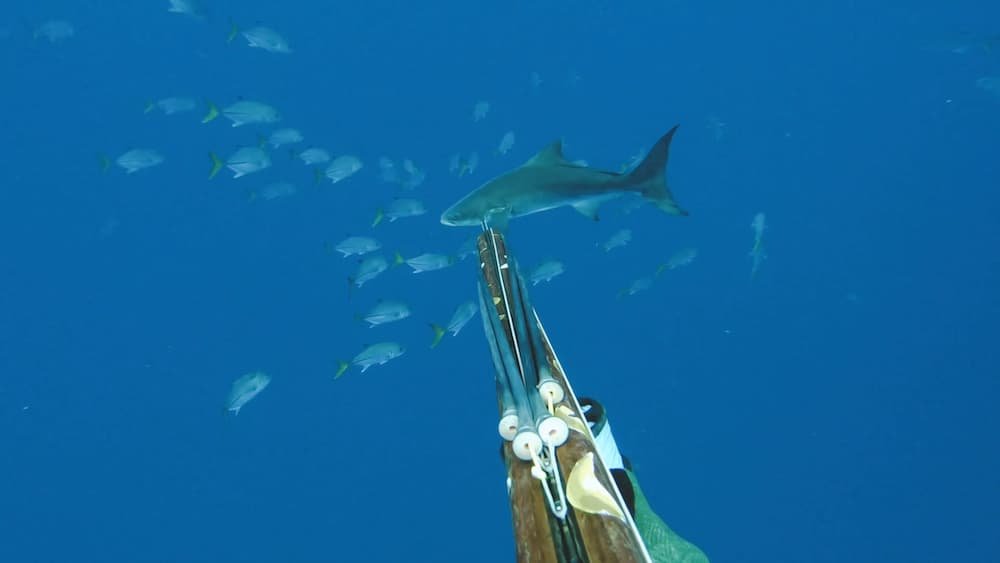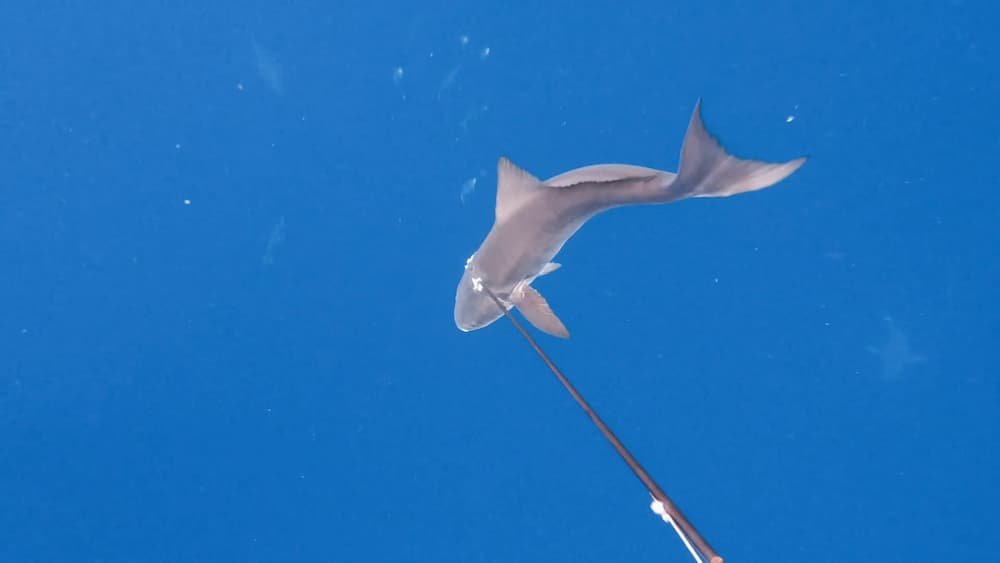
 Roni Essex
Freediver, Spearo, Creator
Roni Essex
Freediver, Spearo, Creator

 Roni Essex
Freediver, Spearo, Creator
Roni Essex
Freediver, Spearo, Creator
Spearfishing is a popular method of harvesting fish, and cobia are a sought-after species for many spearfishermen in Florida. However, with concerns about declining cobia populations in Florida waters, it is important to consider sustainable practices when spearfishing for these fish. In this article, we will explore the importance of sustainable spearfishing practices for cobia in Florida, and provide tips and best practices for spearfishing these fish in a responsible and sustainable manner.
Cobia, also known as ling or lemonfish, are a popular game fish found in the warm waters of the Atlantic Ocean and the Gulf of Mexico. They are prized by both recreational and commercial fishermen for their delicious taste and fighting abilities and are a popular target for spearfishermen in Florida. However, cobia populations in Florida have declined significantly in recent years, leading to increased regulation of cobia fishing in the state. As spearfishermen, it is important to take a responsible and sustainable approach to harvesting these fish in order to ensure their long-term viability in Florida waters.
Before we can discuss sustainable spearfishing practices for cobia, it is important to have a basic understanding of the species' biology and behavior. Cobia are large, fast-growing fish that can reach up to six feet in length and weigh over 100 pounds. They are known for their curious and inquisitive nature and are often attracted to boats and other structures in the water. Cobia are also a highly migratory species, moving seasonally between the Gulf of Mexico and the Atlantic Ocean. During the summer months, they can often be found in nearshore waters and around structures such as reefs and wrecks. During the winter months, they migrate to deeper offshore waters.

The Florida Fish and Wildlife Conservation Commission (FWC) sets regulations for the harvest of cobia in Florida waters. It is important to know and follow these regulations, which may include bag limits, size limits, and seasonal closures. Failure to comply with these regulations can result in fines and other penalties.
Cobia females take up to five years to reach sexual maturity. By targeting larger fish, spearfishermen can help to ensure that more fish are able to reproduce and contribute to the overall health of the population.
Selective harvesting involves targeting only the species and size of fish that are needed for consumption, rather than taking as many fish as possible. This approach can help to reduce waste and ensure that only the healthiest and most sustainable fish are harvested.

When spearfishing for cobia, it is important to use responsible fishing techniques that minimize harm to the fish and their habitat. This may include using appropriate equipment, and avoiding sensitive areas such as seagrass beds and spawning aggregations.
Reporting your catch to the FWC is an important way to contribute to the management of cobia populations in Florida. This information can help scientists and policymakers to better understand the size and distribution of cobia populations, and make more informed decisions about management and conservation.

Spearfishing for cobia in Florida can be a rewarding and exciting experience, but it is important to take a sustainable approach in order to protect the long-term health of these fish populations. By knowing and following regulations, targeting larger fish, practicing selective harvesting, using responsible fishing techniques, and reporting your catch, spearfishermen can help to ensure that cobia populations in Florida remain healthy and sustainable for future generations.
It is important to remember that sustainable spearfishing practices for cobia are just one piece of the puzzle when it comes to protecting these important fish species in Florida waters. It is also important to support habitat conservation and restoration efforts, promote responsible fishing practices among all stakeholders, and continue to conduct research and monitoring to better understand cobia populations and their interactions with their environment.
By working together and taking a science-based approach to management, we can help to ensure that cobia populations in Florida remain healthy and sustainable for generations to come. Whether you are a recreational or commercial spearfisherman, it is important to prioritize sustainability and responsible harvesting practices in order to protect this valuable and iconic species.